"You're still early" (a long form post as part of a Bitcoin book project)
A section I drafted as part of a small book about Bitcoin for newbs. All feedback welcome! _______________ The Bitcoin community points out that newcomers often think they’re too late. People considering Bitcoin for the first time look at the price history and think they missed their chance. Similarly, especially during Bitcoin’s most exciting times, people look at the price and think, “it’s too expensive”. The funny thing is, that’s been true since before 2013 and a $90 price. I know because I had those same thoughts back then. And I expect people to have similar thoughts at $125,000 and then at $250,000 and then at $500,000. One Bitcoin went from buying 2 Big Macs in 2012 to over 11,000 Big Macs in 2024. It went from needing 28,000 Bitcoin to buy a typical house in 2012 to just 6 in 2024. That’s a huge jump but it’s also an ongoing trend – there’s still a lot of room for Bitcoin to grow even more in the future. New technologies tend to follow a predictable adoption curve, starting with a small group of innovators and early adopters before gaining traction with the broader public as things improve. In 1994 Bryant Gumbel, a host of the popular Today Show, stumbled through trying to understand an email address. Bryant asked, “What is internet anyway?” His co-host, Katie Couric, responded, “Internet is that massive computer network, the one that’s becoming really big now”. Bryant asked, “What, do you write to it, like mail?” The next year, famous comedian David Letterman had Bill Gates on his late night talk show. Letterman asked, “What about this internet thing, do you know anything about that?”. Bill Gates said, “Sure,” and talked a bit about how it lets people publish information and send email. Letterman poked fun at Gates the entire time. When Gates talked about the ability to listen to a baseball game online, Letterman jokingly asked, “Have you heard of radio? Do tape recorders ring a bell?” Gates went on to describe the most basics of social networking. By that point Letterman was laughing in his face and the crowd laughed along. In those days the Internet was an emerging technology, not yet mainstream. I remember reading business magazines at the time – printed on paper. They had articles with titles like, “Is it time for you to put your business online?” Then the entire article would explain all the reasons you shouldn’t bother to have a website for your business. In 1998, Paul Krugman, a distinguished professor of economics, said: The growth of the Internet will slow drastically, as the flaw in 'Metcalfe's law'–which states that the number of potential connections in a network is proportional to the square of the number of participants–becomes apparent: most people have nothing to say to each other! By 2005 or so, it will become clear that the Internet's impact on the economy has been no greater than the fax machine's. Ok, it can be fun to look back at the early days of things and poke fun at the people who didn’t understand what was coming. But it’s also educational to look at how society initially reacts to new, unfamiliar things as they emerge and grow. There is always a some amount of fear, uncertainty, and doubt around new things. In 1995 the internet had about 16 million users. That was about 0.3% of the world’s population at the time. Ten years later (2005) it was a bit over 1 billion users, or about 15% of the world’s population. Another ten years (2015) got it to well over 3 billion users, 43% of world population. Today the internet has more than 5 billion users which is about 66% of the world’s population. The internet is not the only interesting new technology we can look at. Here are two others that made history: Credit Cards The idea of a small plastic card that lets you charge purchases started in the 1970s. Before 1980 credit cards were owned by about 50 million users worldwide. That was about 2% of the worldwide adult population at the time. By the end of the 1980s they were used by about 150 million people, or about 5% of the world’s adult population. In 1993 a local TV news station went into a Burger King restaurant in the US. The restaurant had just started accepting credit cards. The news station asked customers what they thought about using credit cards to buy Burger King food. One customer said, “I think it’s pretty bad if you have to use a credit card when you go to a fast food restaurant,” and then expressed concern that someone would have to “call New York” to confirm the transaction. Another customer said, “I just hope it doesn’t slow things down.” A third customer, a gray haired gentleman dressed in a suit and tie, said, “I just can’t imagine it working on a day-to-day basis.” About 400 million people owned credit cards at the time, or about 10% of adults worldwide (100 million in the US, or about 53% of adult Americans). From there usage steadily increased. Today credit cards are used by about 1.2 billion people, about 22% of adults worldwide (200 million in the US, o
A section I drafted as part of a small book about Bitcoin for newbs. All feedback welcome!
_______________
The Bitcoin community points out that newcomers often think they’re too late. People considering Bitcoin for the first time look at the price history and think they missed their chance. Similarly, especially during Bitcoin’s most exciting times, people look at the price and think, “it’s too expensive”.
The funny thing is, that’s been true since before 2013 and a $90 price. I know because I had those same thoughts back then. And I expect people to have similar thoughts at $125,000 and then at $250,000 and then at $500,000.
One Bitcoin went from buying 2 Big Macs in 2012 to over 11,000 Big Macs in 2024. It went from needing 28,000 Bitcoin to buy a typical house in 2012 to just 6 in 2024. That’s a huge jump but it’s also an ongoing trend – there’s still a lot of room for Bitcoin to grow even more in the future.
New technologies tend to follow a predictable adoption curve, starting with a small group of innovators and early adopters before gaining traction with the broader public as things improve.
In 1994 Bryant Gumbel, a host of the popular Today Show, stumbled through trying to understand an email address. Bryant asked, “What is internet anyway?”
His co-host, Katie Couric, responded, “Internet is that massive computer network, the one that’s becoming really big now”. Bryant asked, “What, do you write to it, like mail?”
The next year, famous comedian David Letterman had Bill Gates on his late night talk show. Letterman asked, “What about this internet thing, do you know anything about that?”. Bill Gates said, “Sure,” and talked a bit about how it lets people publish information and send email. Letterman poked fun at Gates the entire time.
When Gates talked about the ability to listen to a baseball game online, Letterman jokingly asked, “Have you heard of radio? Do tape recorders ring a bell?” Gates went on to describe the most basics of social networking. By that point Letterman was laughing in his face and the crowd laughed along.
In those days the Internet was an emerging technology, not yet mainstream. I remember reading business magazines at the time – printed on paper. They had articles with titles like, “Is it time for you to put your business online?” Then the entire article would explain all the reasons you shouldn’t bother to have a website for your business.
In 1998, Paul Krugman, a distinguished professor of economics, said:
The growth of the Internet will slow drastically, as the flaw in 'Metcalfe's law'–which states that the number of potential connections in a network is proportional to the square of the number of participants–becomes apparent: most people have nothing to say to each other! By 2005 or so, it will become clear that the Internet's impact on the economy has been no greater than the fax machine's.
Ok, it can be fun to look back at the early days of things and poke fun at the people who didn’t understand what was coming.
But it’s also educational to look at how society initially reacts to new, unfamiliar things as they emerge and grow. There is always a some amount of fear, uncertainty, and doubt around new things.
In 1995 the internet had about 16 million users. That was about 0.3% of the world’s population at the time. Ten years later (2005) it was a bit over 1 billion users, or about 15% of the world’s population. Another ten years (2015) got it to well over 3 billion users, 43% of world population. Today the internet has more than 5 billion users which is about 66% of the world’s population.
The internet is not the only interesting new technology we can look at. Here are two others that made history:
Credit Cards
The idea of a small plastic card that lets you charge purchases started in the 1970s. Before 1980 credit cards were owned by about 50 million users worldwide. That was about 2% of the worldwide adult population at the time. By the end of the 1980s they were used by about 150 million people, or about 5% of the world’s adult population.
In 1993 a local TV news station went into a Burger King restaurant in the US. The restaurant had just started accepting credit cards. The news station asked customers what they thought about using credit cards to buy Burger King food.
One customer said, “I think it’s pretty bad if you have to use a credit card when you go to a fast food restaurant,” and then expressed concern that someone would have to “call New York” to confirm the transaction. Another customer said, “I just hope it doesn’t slow things down.” A third customer, a gray haired gentleman dressed in a suit and tie, said, “I just can’t imagine it working on a day-to-day basis.”
About 400 million people owned credit cards at the time, or about 10% of adults worldwide (100 million in the US, or about 53% of adult Americans).
From there usage steadily increased. Today credit cards are used by about 1.2 billion people, about 22% of adults worldwide (200 million in the US, or about 80% of adult Americans).
Smartphones
In 1992, Andy Grove, CEO of Intel, described the idea of a wireless personal communicator in every pocket as "a pipe dream driven by greed". The first smartphone was released back in 1994 but only got about 50,000 users.
But in 2007 the iPhone came out and the overall market quickly got to 122 million users worldwide, or about 1.8% of the world’s population. Microsoft's CEO at the time, Steve Ballmer, stated: "There's no chance that the iPhone is going to get any significant market share."
By 2015 the overall smartphone market was at 2.6 billion users worldwide, or about 35% of world population. Today we’re looking at almost 7 billion users, about 84% of the planet.
That’s a basic review of several technologies that emerged in the past. How does Bitcoin compare?
It can be difficult to pin down exactly how many people own Bitcoin today. But specialists at companies like Chainalysis study data from Bitcoin apps and conduct surveys to count users in the US and worldwide. They report that about 300 million people own Bitcoin today. That’s about 3.7% of the world’s population.
That’s roughly similar to 1980 for credit cards. Or the late 90s for the internet. Or about 2009 for smartphones.
Most people in the world don’t own any Bitcoin yet. Big companies and even governments are just now starting to take it seriously.
We recently passed the stage where Steve Balmer the CEO of Microsoft said, "There's no chance that the iPhone is going to get any significant market share." We’ve just barely reached the stage where David Letterman laughed at Bill Gates and suggested the internet was no more useful than radio and tape recorders. We’re not yet at the stage where a Burger King customer looked at the restaurant’s new credit card readers and said, “I just can’t imagine it working on a day-to-day basis”.
There’s a long way to go before Bitcoin really catches on.
You’re not late.
You’re early.
[link] [comments]




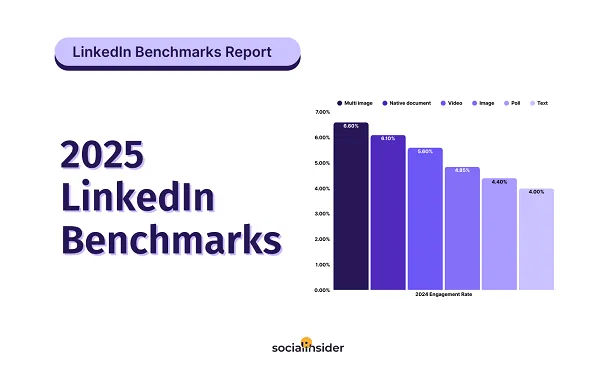
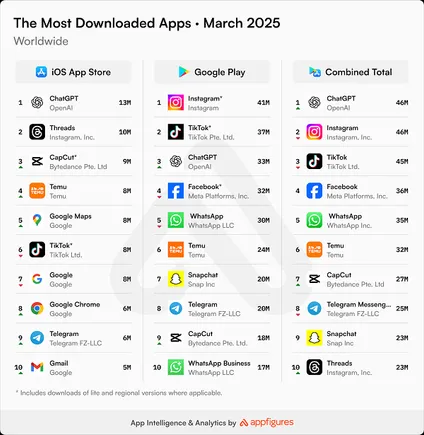

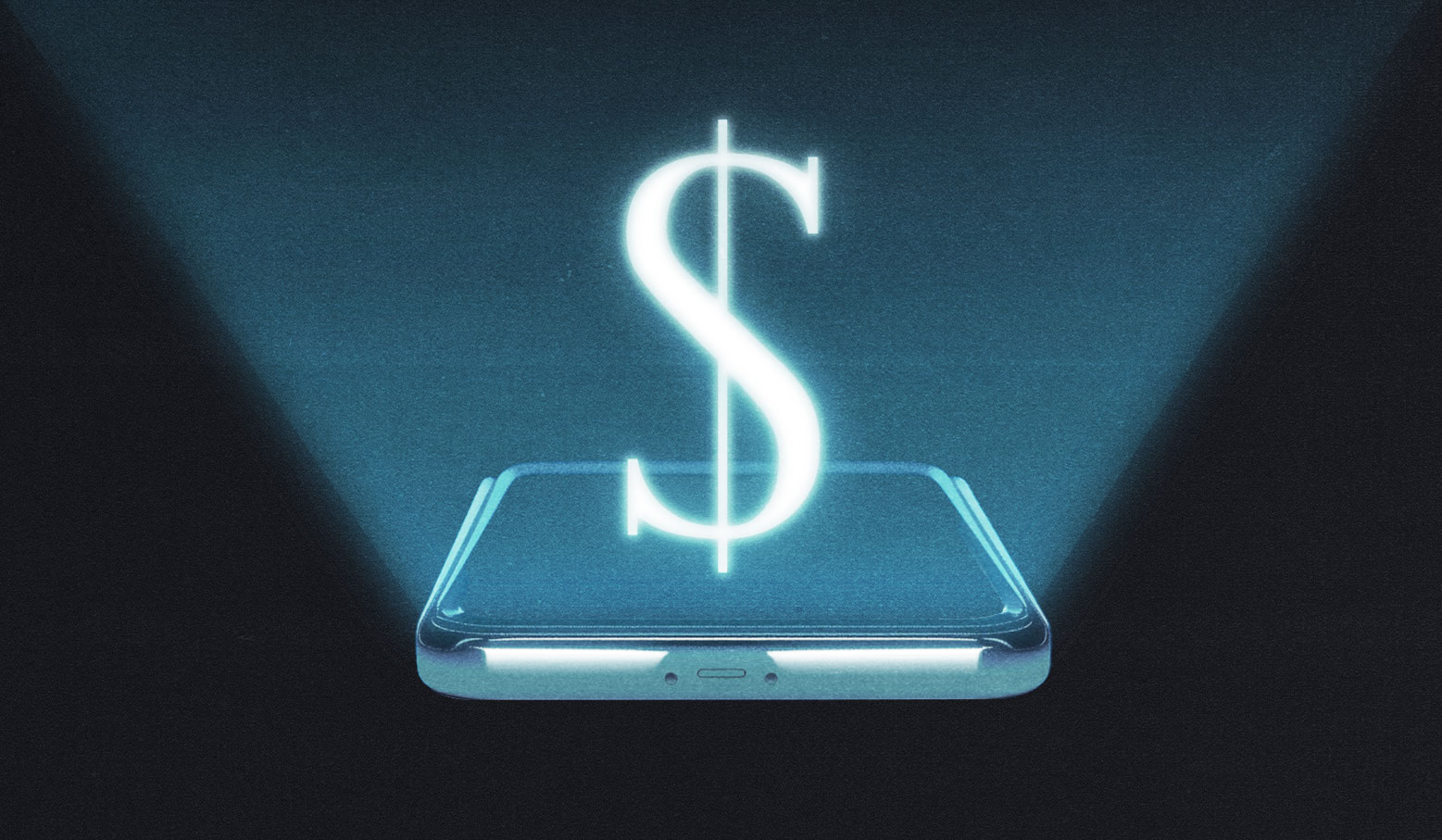
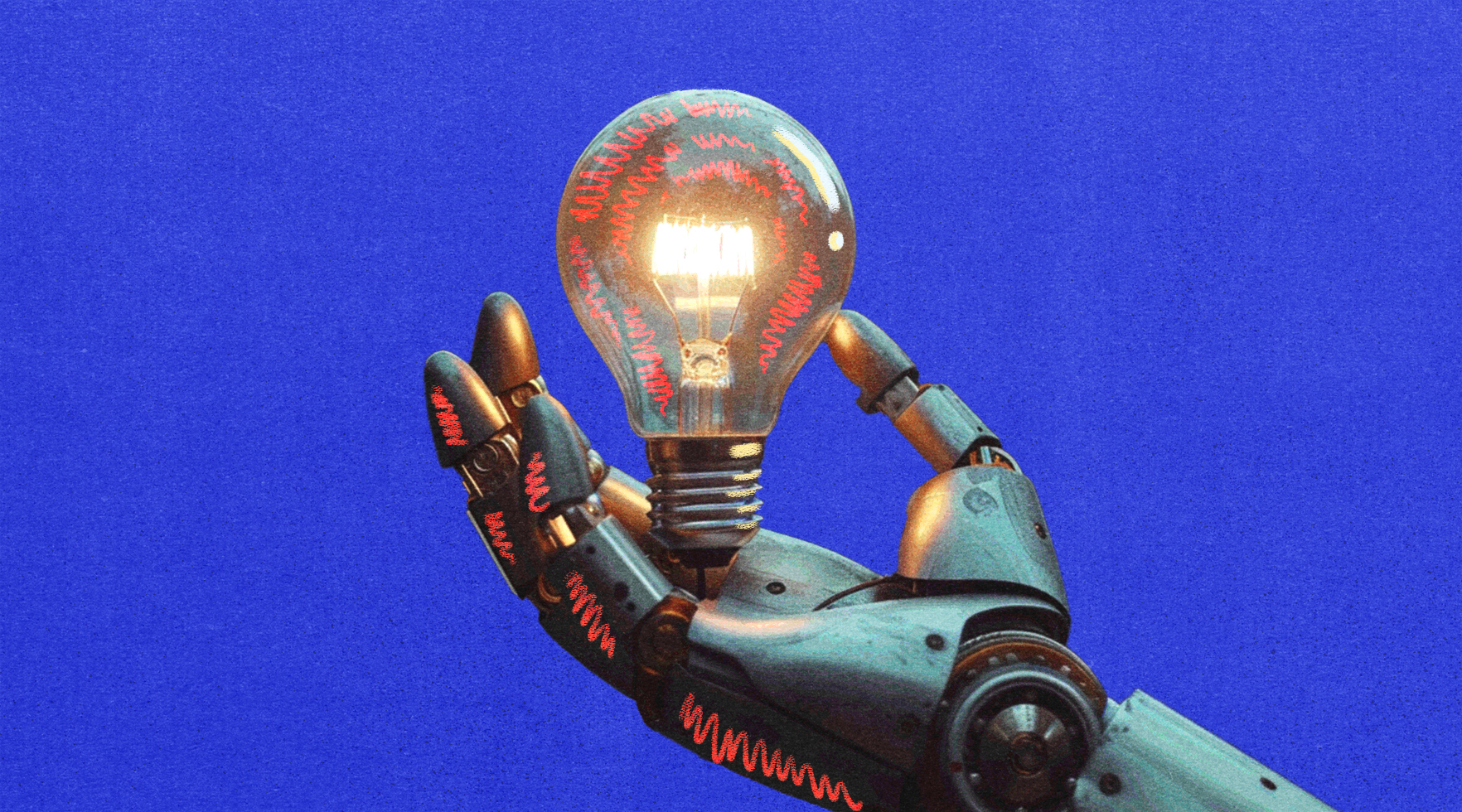
















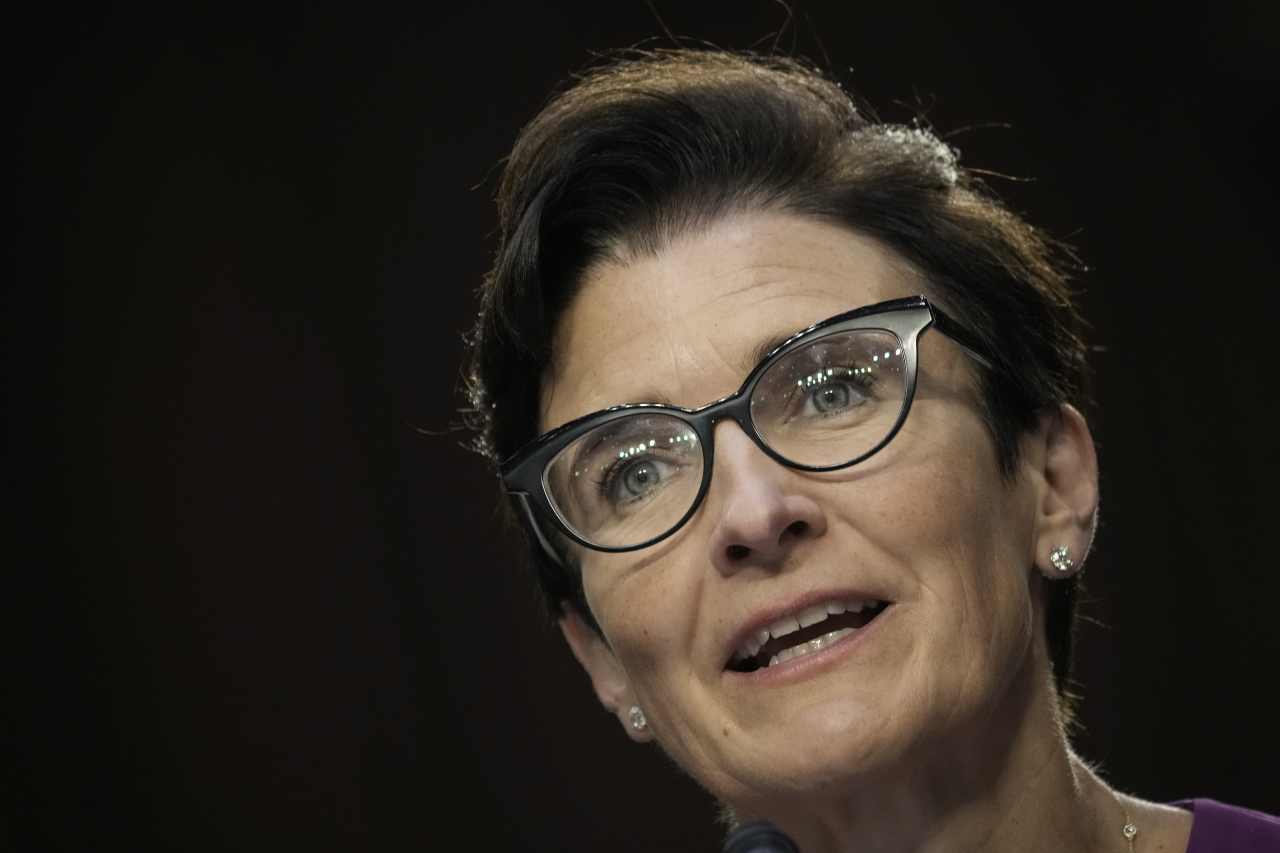














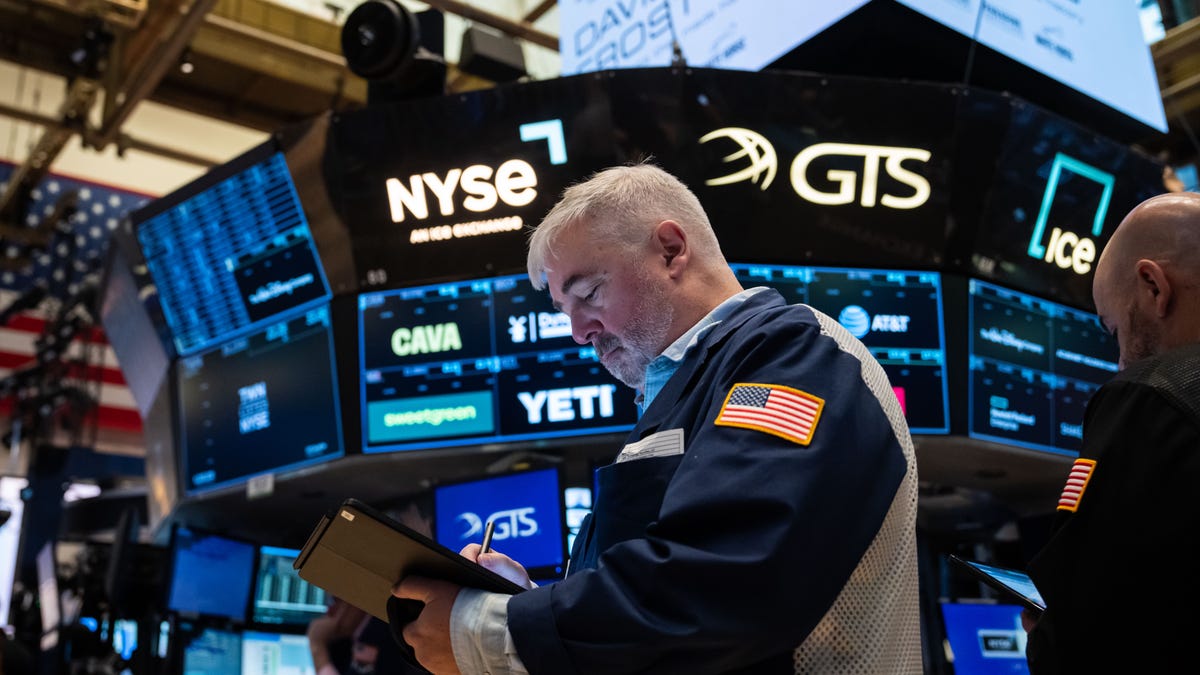
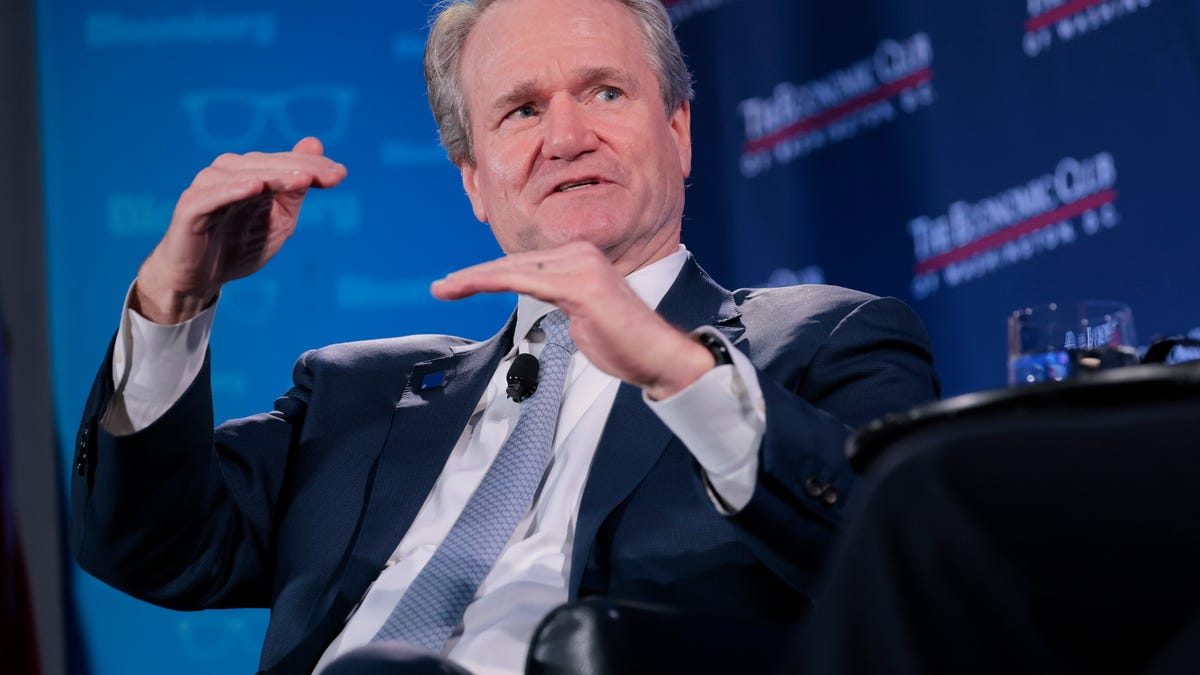
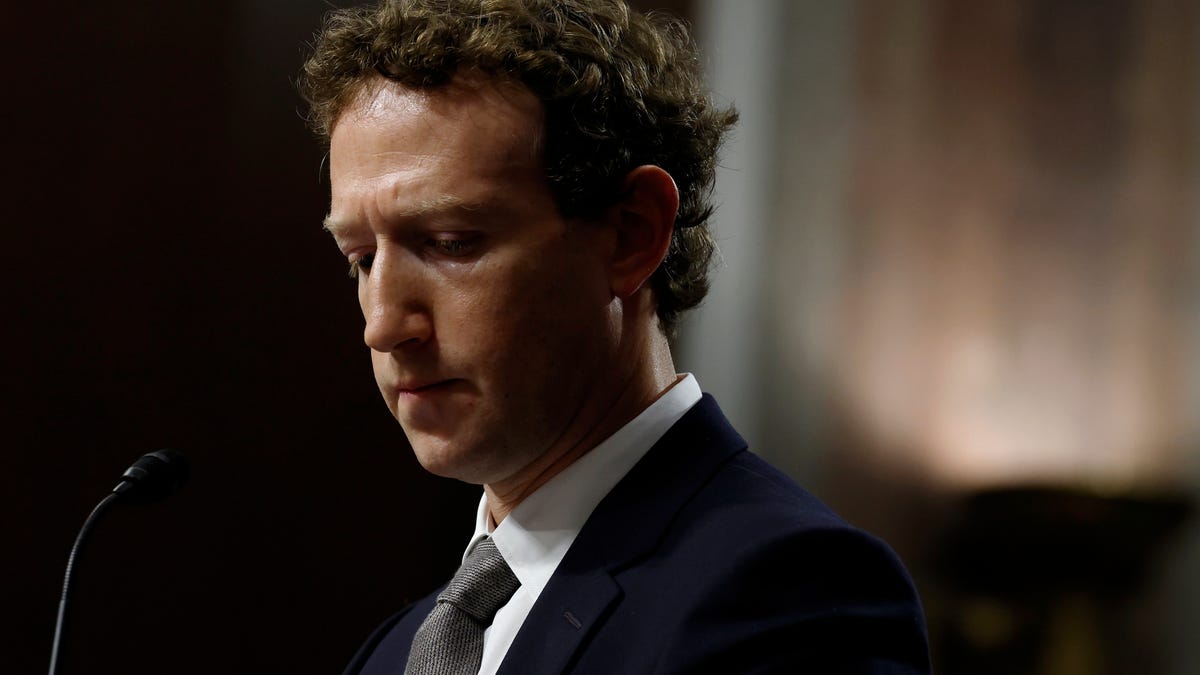














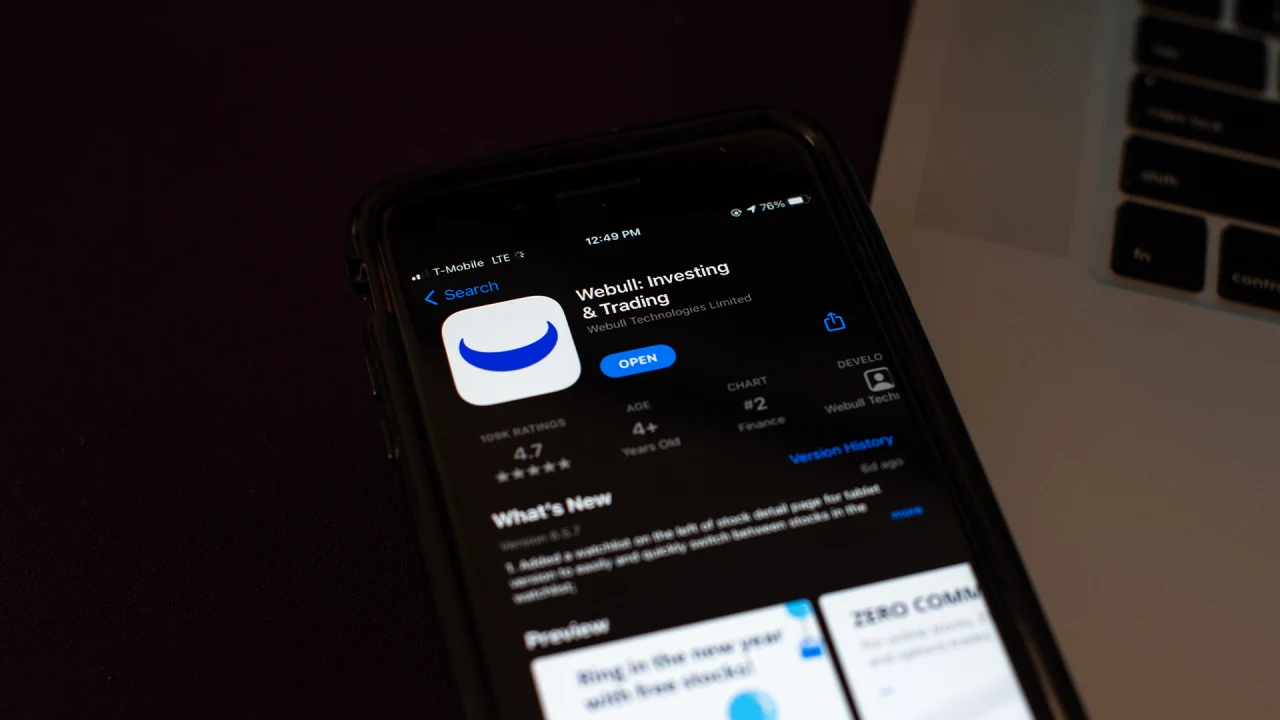

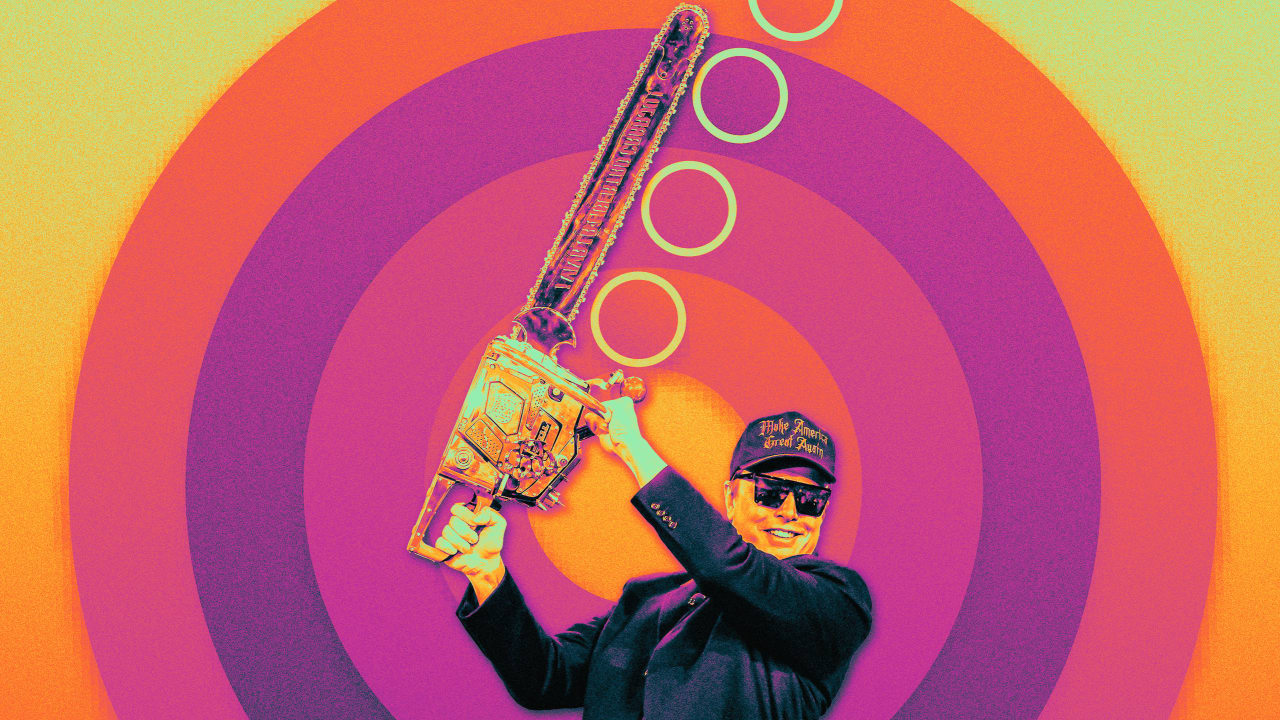















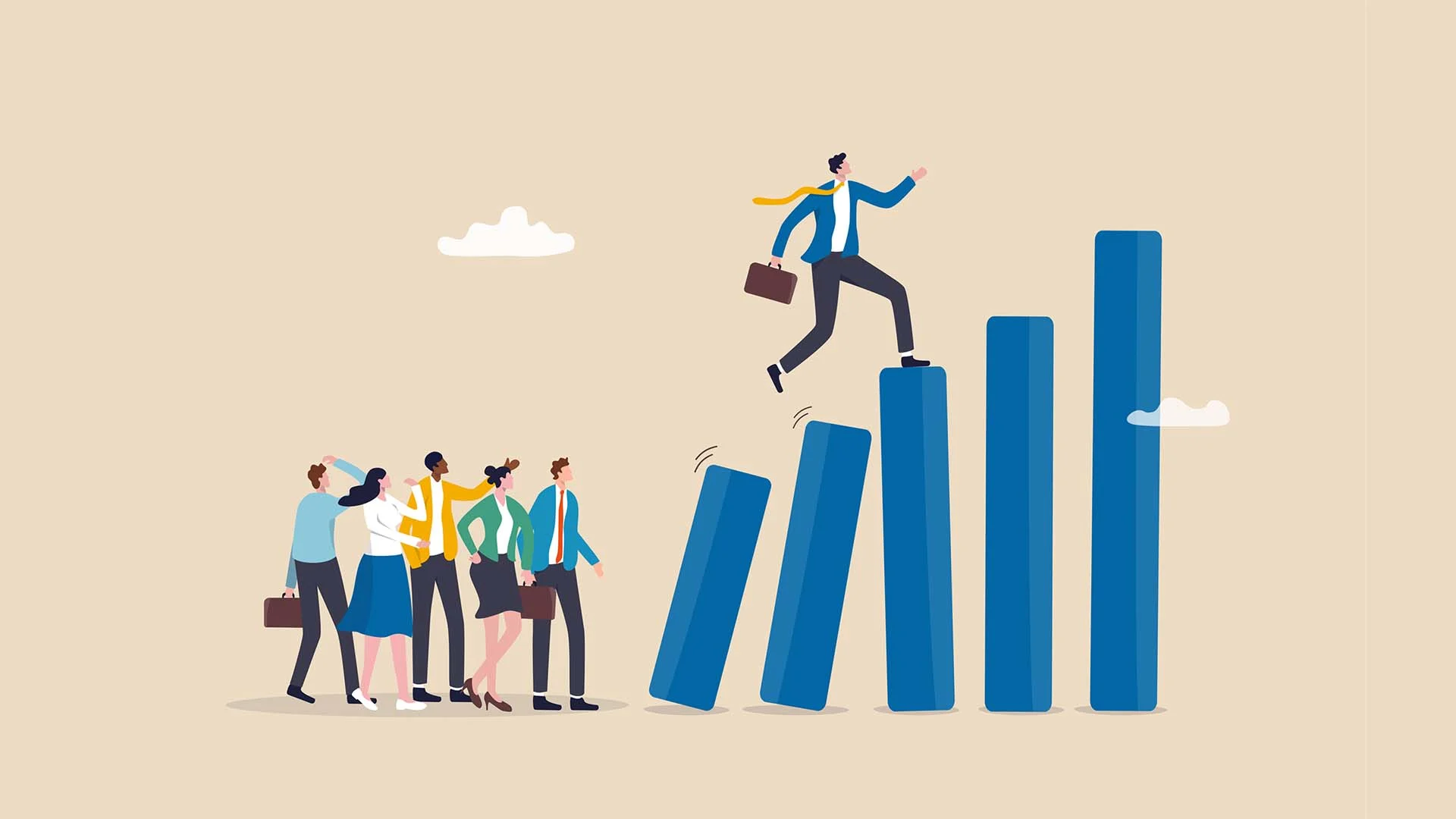








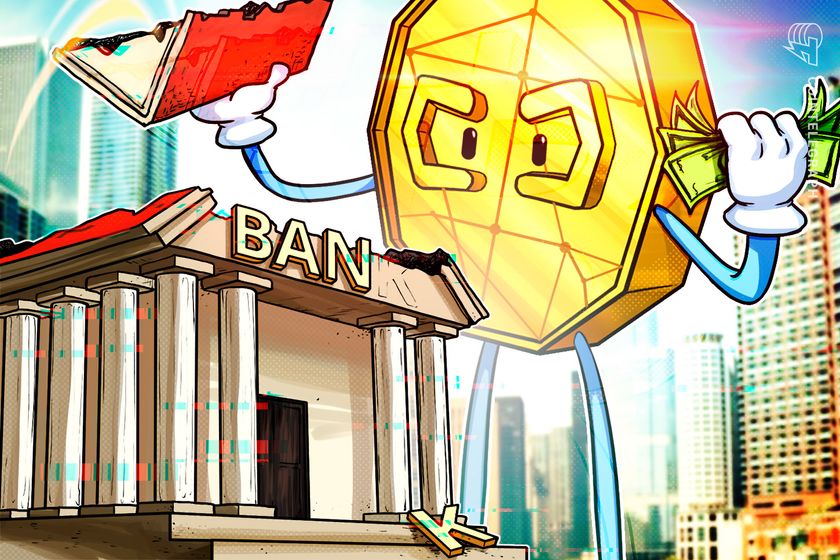



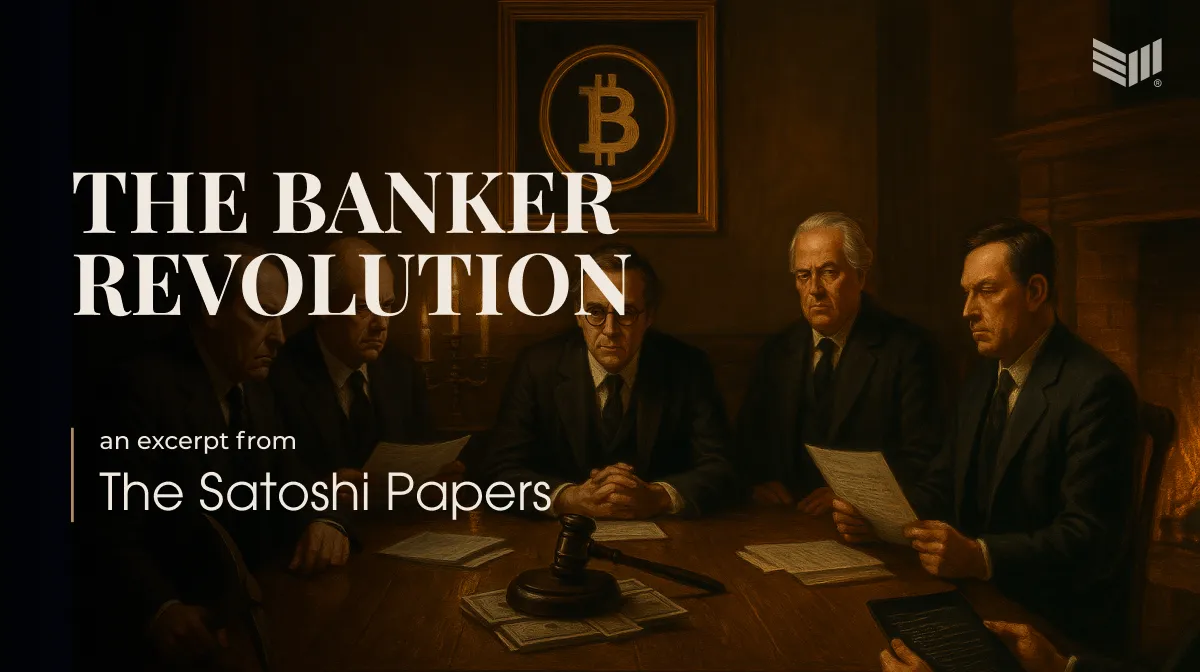





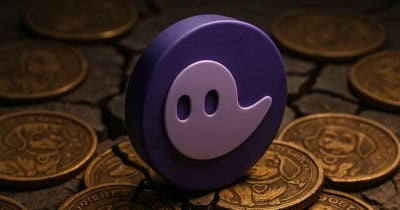
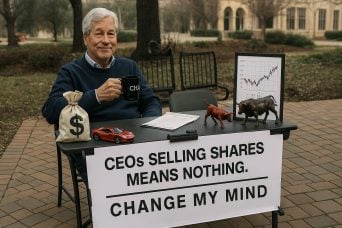

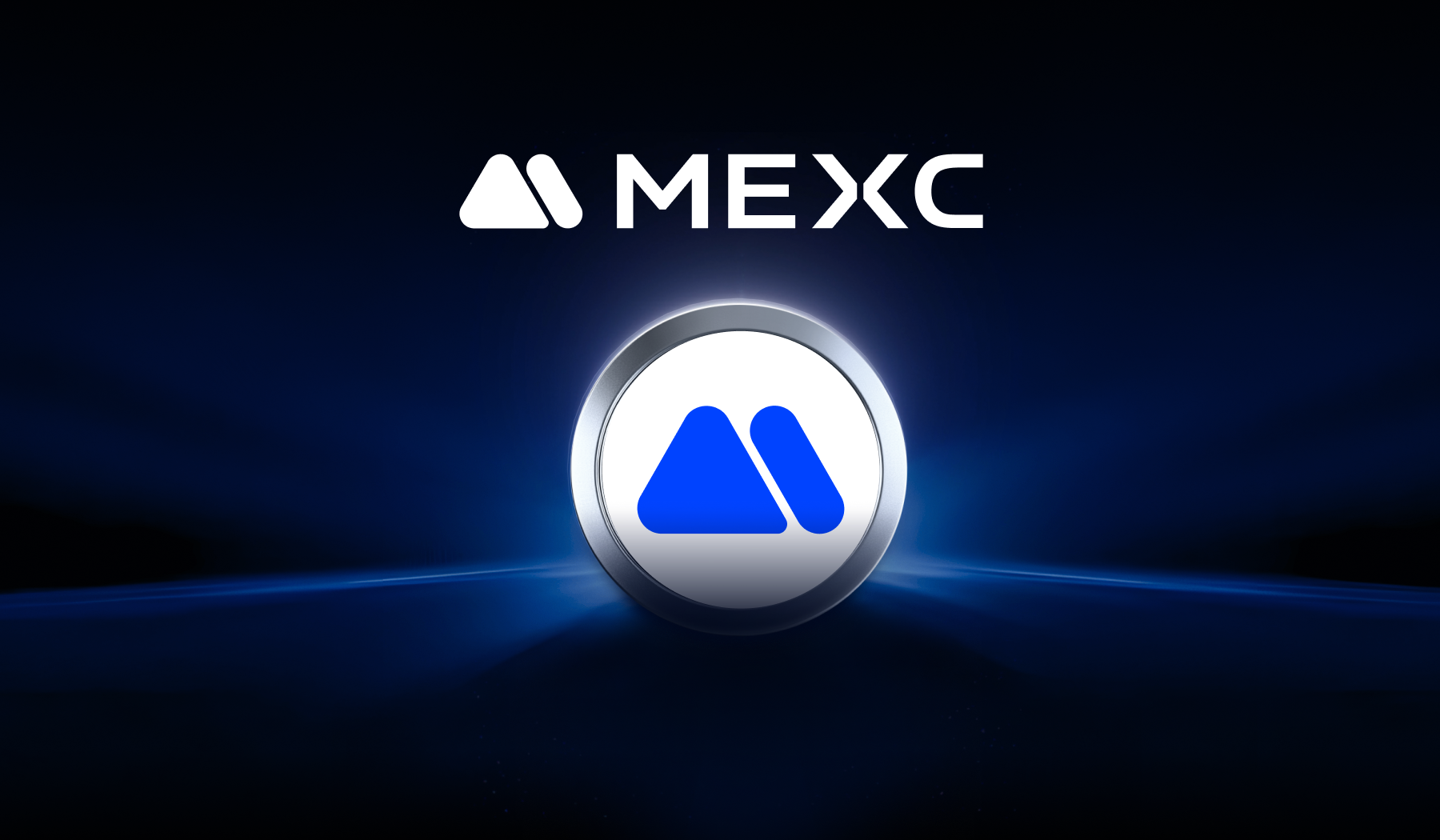









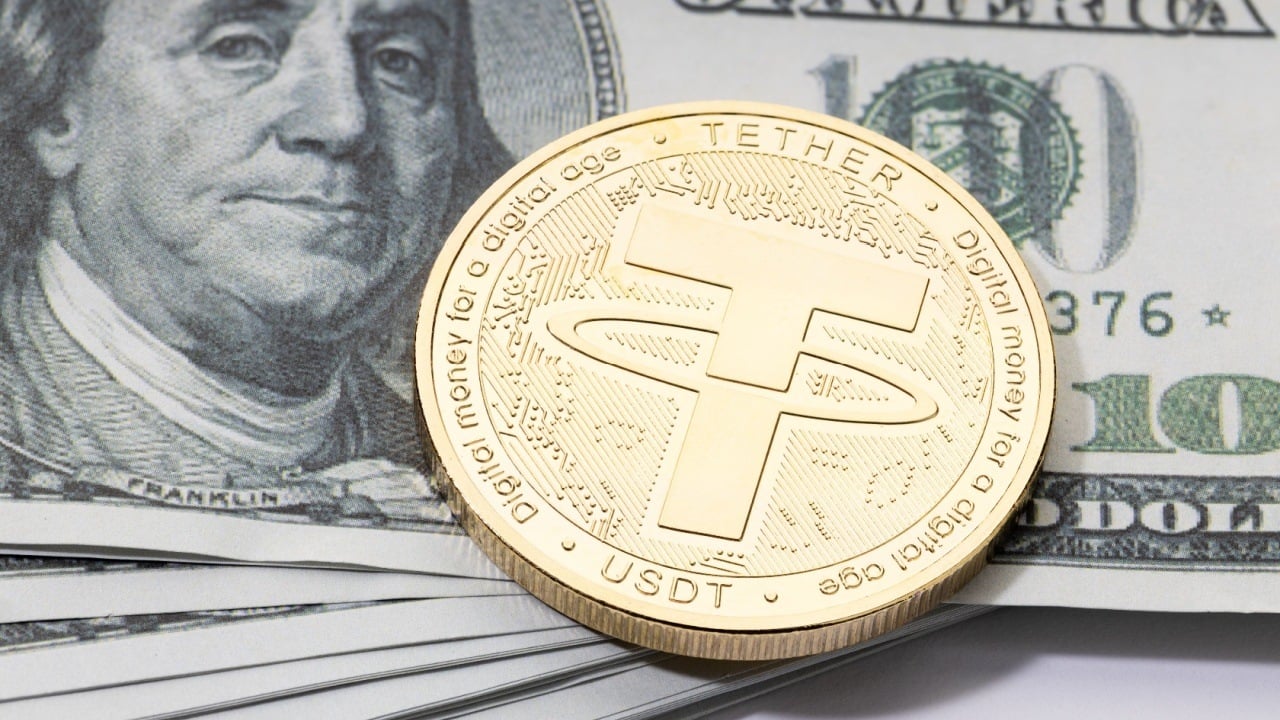


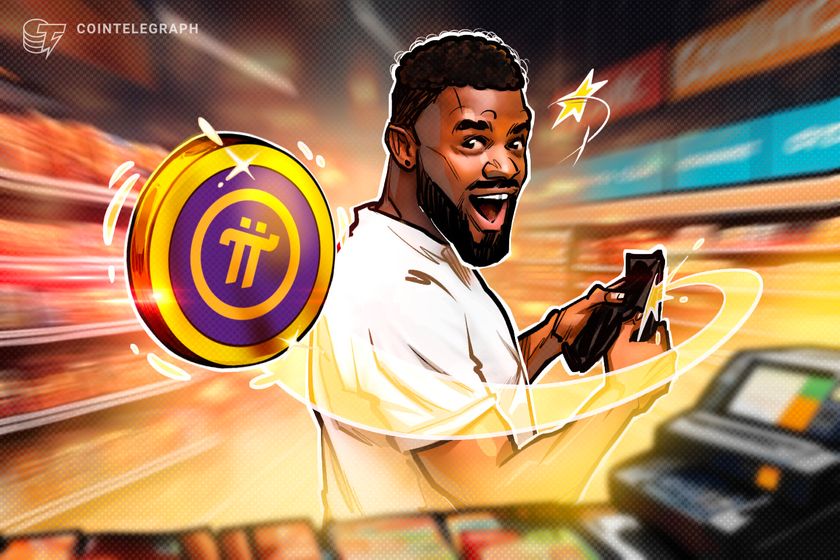
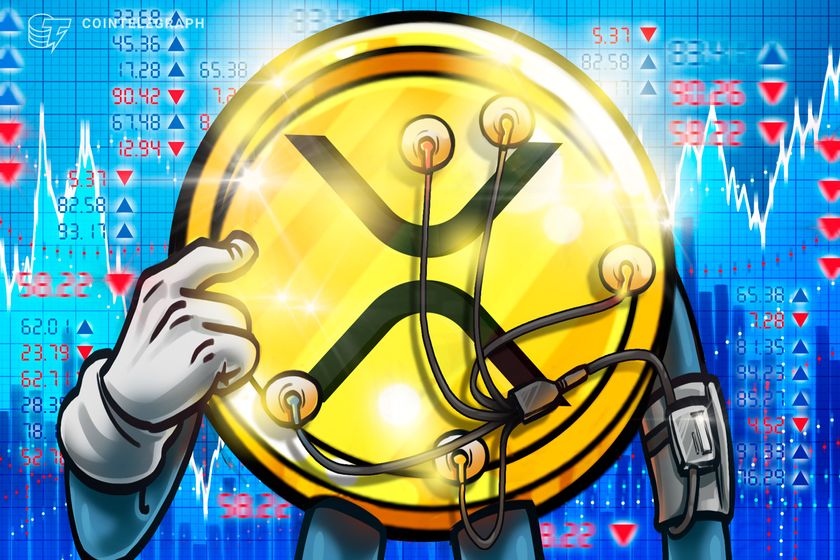




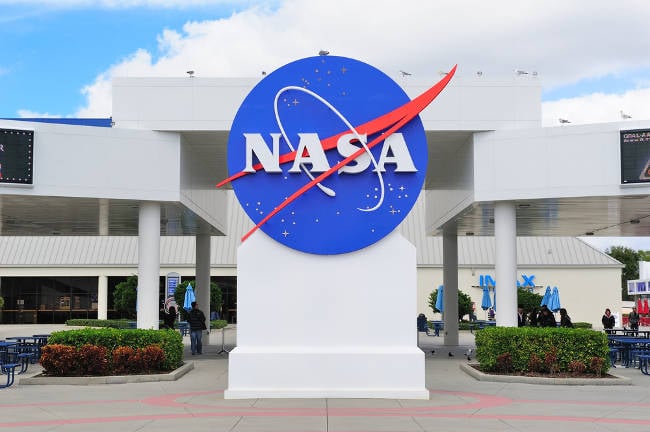
















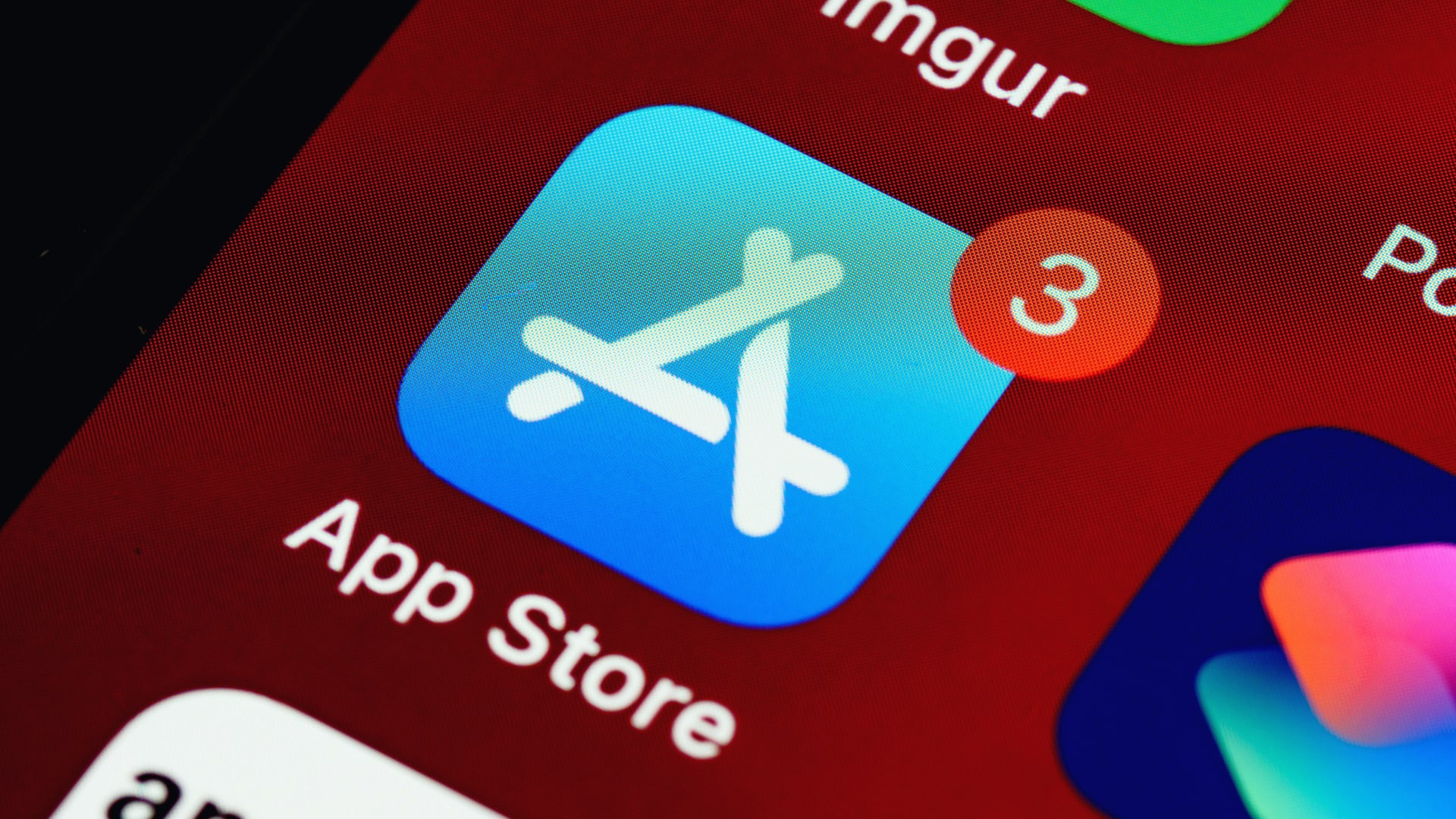



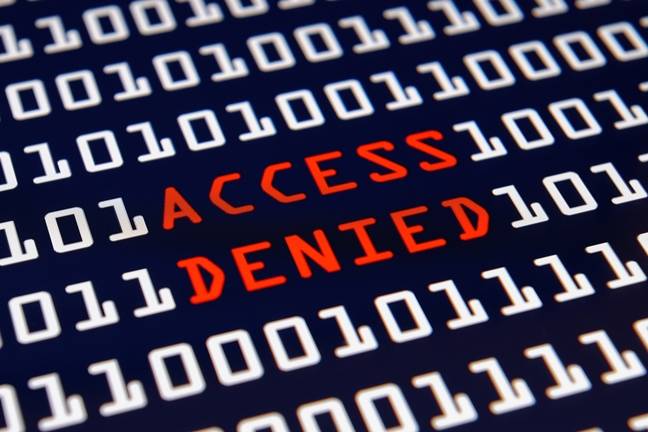

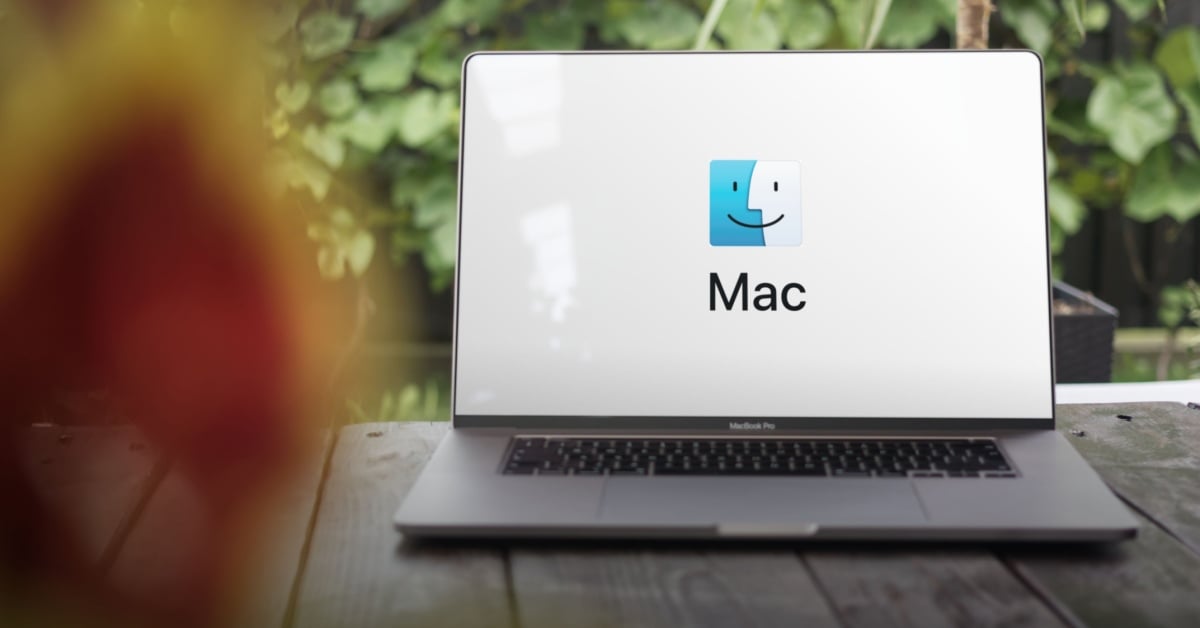
























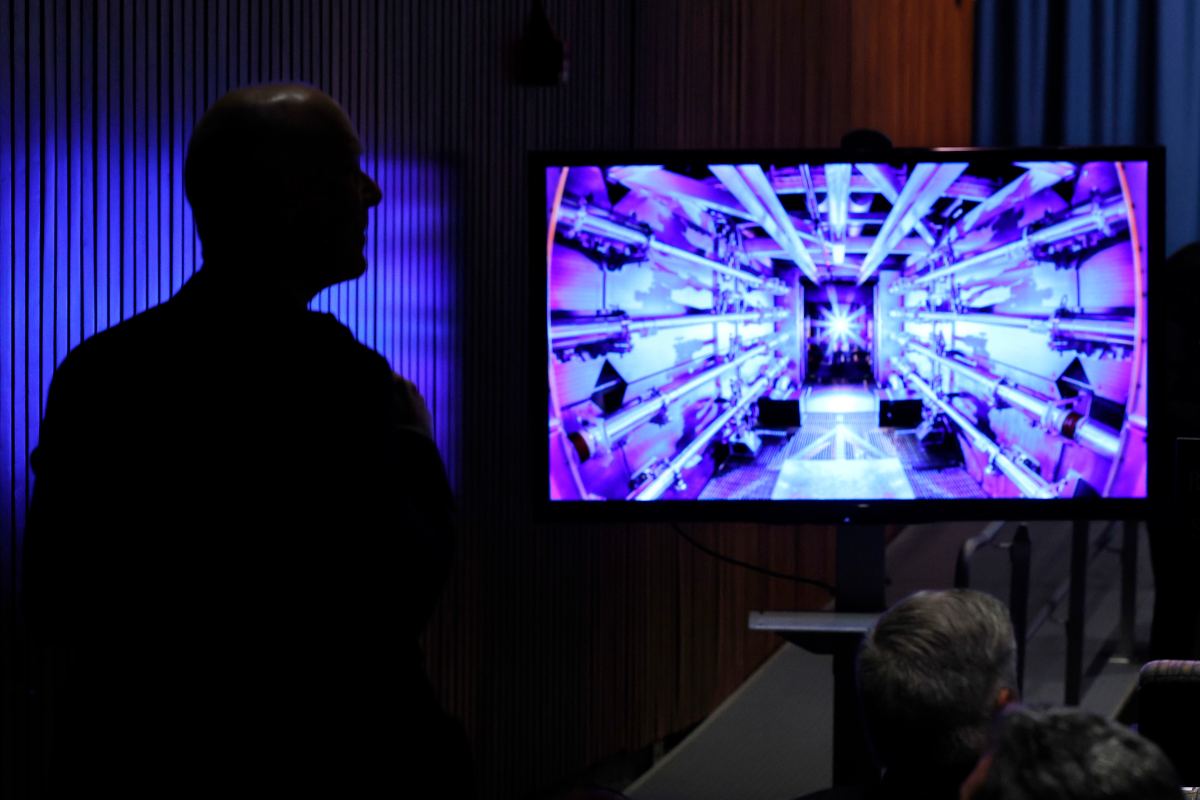














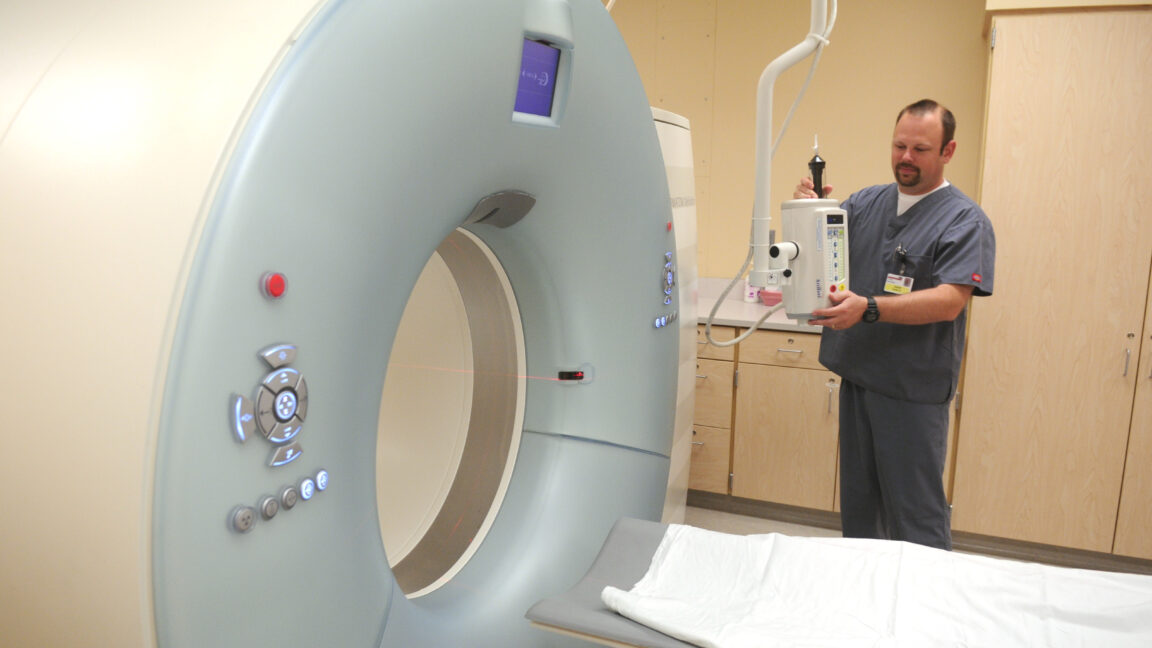



![How to Find Low-Competition Keywords with Semrush [Super Easy]](https://static.semrush.com/blog/uploads/media/73/62/7362f16fb9e460b6d58ccc09b4a048b6/how-to-find-low-competition-keywords-sm.png)



